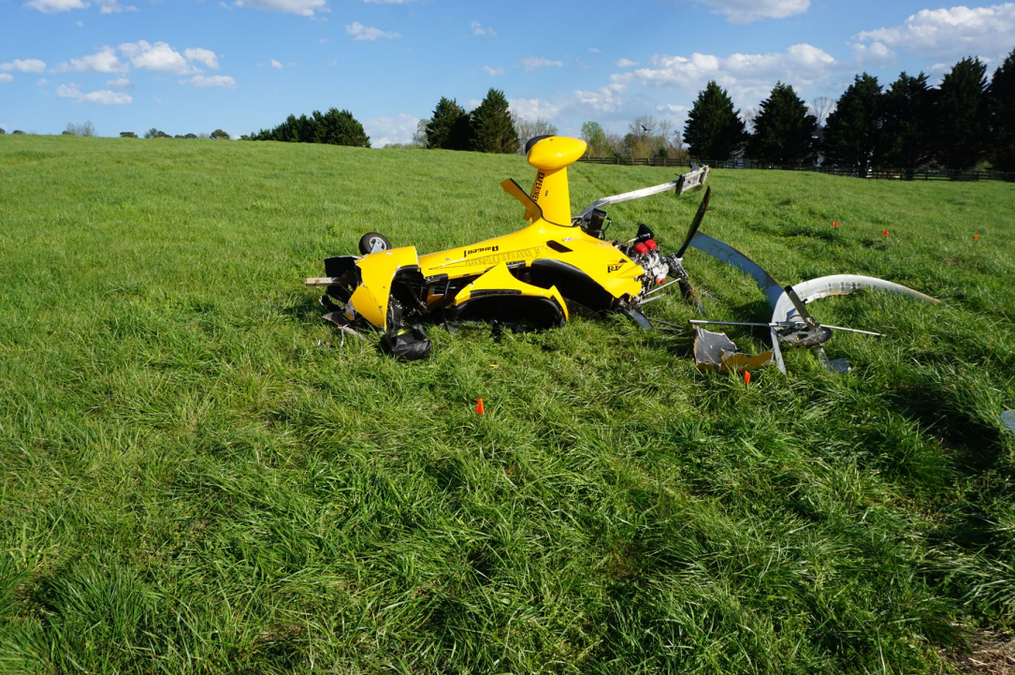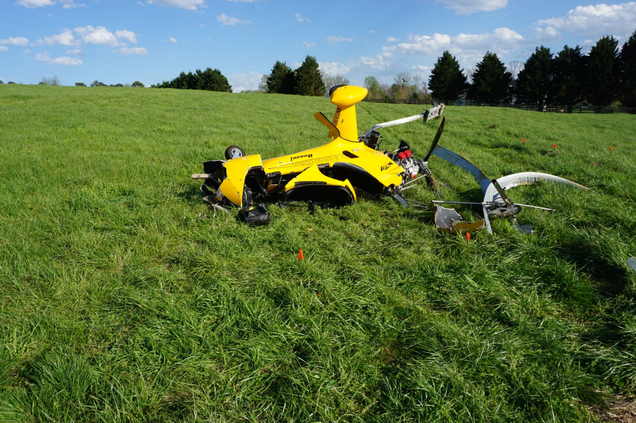In a discussion focused on bringing international companies to Georgia, the subject kept turning to the skill level of the state's workforce Thursday.
Speakers at an economic development summit at North Georgia College & State University — many of whom were representatives of European companies that expanded to the Southeast — said more than once their European employees come out of school with better job training than their American counterparts.
"American kids are sheltered during their school life," said Sibylle Mair, the chief financial officer of Hansgrohe, a German company that has expanded to Cumming. "In Europe, kids grow up being much more prepared for real life after school."
Mair was one of several who noted the early career focus of European students over American teenagers.
Another was Barry Anderson, general manager of the Gainesville branch of the German-based IMS Gear.
Anderson said the major difference between education systems in the United States and Germany was that students in the United States are left to find a job or a trade after high school. He said such decisions are made earlier on in Germany.
It's a line of reasoning Georgia politicians have also used in the last year as they search for ways to get Georgia ready for potential job growth.
In January, Gov. Nathan Deal announced a new initiative to expand the number of skilled laborers in the state.
Go Build Georgia largely is a public outreach program aimed at educating the state's youth about the wage, lifestyle and employment benefits in the skilled labor trades.
The governor estimated then that, over the next year, 16,500 projected jobs will become available in the industries that rely on skilled labor.
For its part, IMS focuses on apprenticeship opportunities for young adults, Anderson said.
Futura North America has a similar program, said CEO Christian Viviers.
The company, which recently located in the Atlanta area, has issues with training Atlanta-area employees.
Currently, he said, employees are sent to Italy for a costly monthslong training program.
Viviers said greater emphasis on technical training would help reduce companies' internal costs and help them get on their feet and expand quicker.
Thursday's summit focused on preparing people, governments and communities for international business expansion.
IMS Gear first moved beyond Germany's borders to Gainesville in 1995 with Siemens.
It has since expanded to Virginia Beach, Mexico and China, Anderson said.
The company manufactures automotive gears, and said it chose Georgia to be nearer to customers.
Siemens left Gainesville in 2008 during the early days of the economic recession.
"IMS Gear never considered that," Anderson said. "We kept the philosophy that plants need to be local to support the customer where they are."
Weathering the recession for the company meant expanding products, moving from simply gears to electric power steering and electric parking brake systems.
And since weathering a 60 percent loss in sales in the early days of the recession, the company's expansion has helped the company achieve record sales in 2010 and 2011.
Anderson said he expects the same for 2012 and 2013.
Still, he said, the company needs a workforce trained to use its high-automation products to support its growth.
"The future of the American manufacturing industry is technical products," Anderson said. "For that, you need technically trained people."




